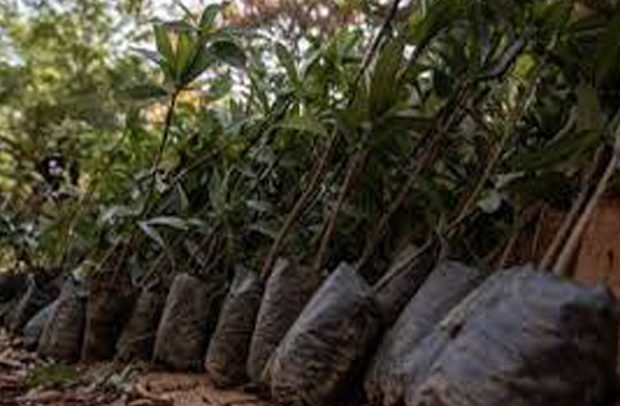Two developments have occurred in Ghana and Kenya recently both bordering on the protection of their local faunas.
While the Kenyan authorities have embarked upon a rare exercise of counting their wildlife population Ghana has on the other hand closed the hunting season.
Both countries seek to ensure a sustainable management of their wildlife. The East African country is reaping massive foreign exchange from a better management of their fauna than we are. They would not have mounted upon this rare campaign of counting their wildlife stock. With the knowledge of the population of their wildlife they would be in a better position protect them against irresponsible hunting and to address emerging health challenge.
It is not as if the authorities in Ghana do not have an effective policy that ensures a sustainable management of the forests and their wildlife. The challenge inhibiting the flourishing of our wildlife is the non-cooperation with the authorities by the locals in achieving sustainable management of our fauna and flora.
With their limited knowledge or none at all, about the importance of wildlife and the forests in general it is always a problem getting the locals to come along with the authorities in the journey towards protecting the animals in the wild from human predators.
Last week the Department of Game and Wildlife announced the closure of the hunting season safe grasscutters which can be done with licence.
It is not enough to put out this announcement which would hardly be enforced anyway.
It is necessary for the locals to understand that there are mating and reproduction periods in the lives of wildlife during which the animals should be allowed to mate, gestate and give birth.
It would appear that some locals do not even appreciate the fact that continuous hunting could wipe off some species of wildlife.
Engaging the traditional authorities by officials of the Department of Game and Wildlife of the Forestry Commission would be a better option of addressing the irresponsible hunting of wildlife.
While we do not doubt the importance of the forests in providing for the protein needs of the locals we should nonetheless impart on them the fact that we should hunt game in a responsible manner. Not doing so would deplete our stock of wildlife within a very short time.
The goal of a sustainable protection of our fauna would be unachievable if we do not consider an enhanced programme of stopping the reckless felling of trees. The dense foliages of the forests are homes of a variety of fauna.
A few years ago the Ms Waldron’s Red Collobus was declared extinct in the rainforest area of the Western Region the primate’s natural habitat having been destroyed by timber loggers.
We too can go the way of Kenya and South Africa two countries which have embarked upon a deliberate assignment of protecting their wildlife. Private game reserves exist for tourists to observe wildlife in their natural habitat through their famous safaris. This is a venture which provides employment to the citizens and adds to the tourism basket of the two countries.
Let the Department of Game and Wildlife undertake its mandate of protecting the wildlife from human predators towards enhancing our fauna population in a more robust manner otherwise the hunters would continue to change the pangolins, duikers, antelopes and other species of wildlife.

